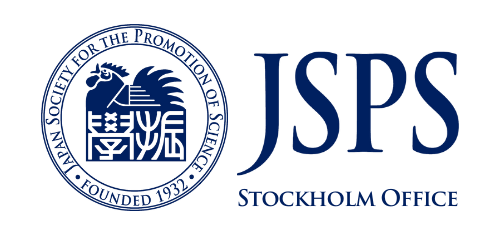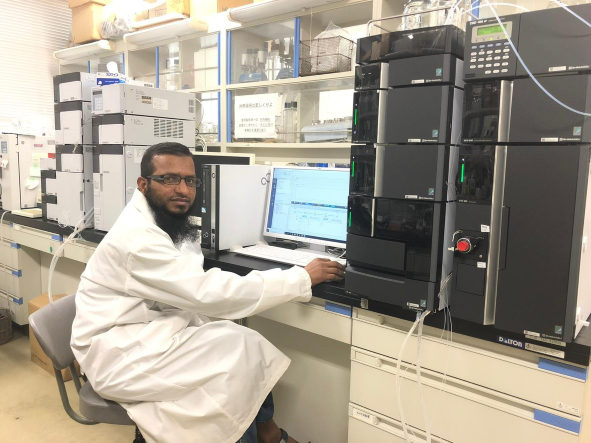
Aminur Rahman
JSPS Postdoctoral fellow, Faculty of Agriculture, Saga University, Japan
What kind of research are you currently engaged in?
My research area is the environmental pollution of aquatic systems. My research aims to develop a sustainable method to eradicate metals (e.g., arsenic, chromium, nickel, lead, cadmium, copper, zinc, cobalt, etc.) from wastewater systems using natural composite membranes made of agro-wastes and dead microbial biomass.
How did you get interested in your research subject?
Water pollution has increased globally due to anthropogenic activities such as electroplating, leather industries, sugar mills, textiles, mining, and municipal waste. The discharge of toxic metals into water systems by such anthropogenic activities is of significant concern since these are severe threats to the health of humans and animals. Therefore, I define myself as a person interested in contributing to solving the problems that affect people and the environment. I also like to improve the environment because I love myself and want the best for everyone.
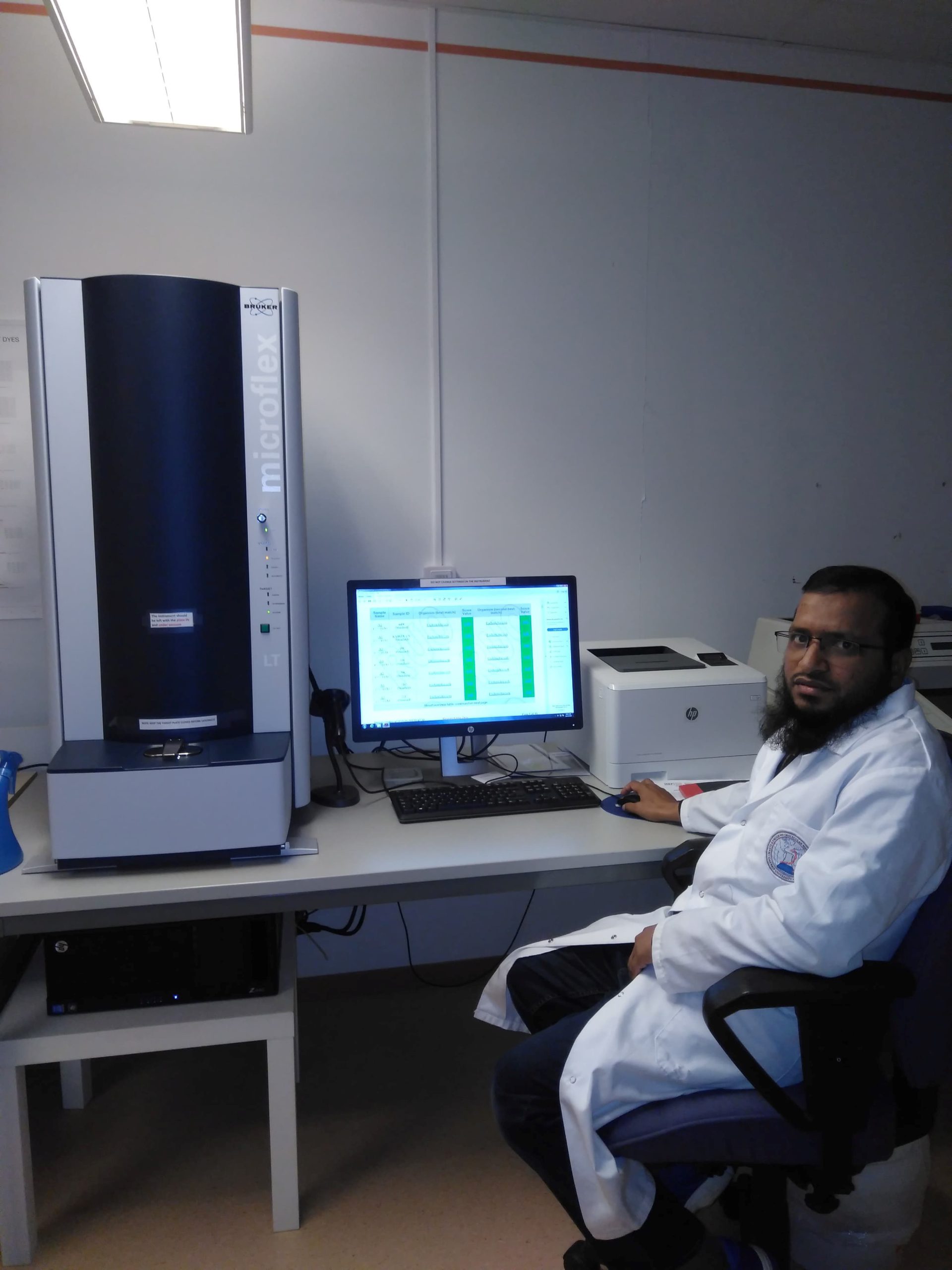
Identification of bacterial strains through matrix-assisted laser desorption / ionization-time-of-flight (MALDI-ToF) mass spectrometry
Why did you choose your current institution to conduct your research?
Most of my academic qualifications (MSc, Ph.D., Postdoc) are from Sweden. However, I wanted to acquire more experiences outside of Sweden, and therefore I selected Japan as Japan is one of the best countries to conduct research on my interest. Consequently, I searched the relevant lab and professors before applying to JSPS, and Saga University is one of the institutes I found.
What has been the most challenging in your research so far?
My family and I enjoy Japanese culture and norms. However, we face difficulties with the language in our daily life. We have excellent lab facilities, including modern instruments, but most devices are in Japanese. I also have problems publishing my manuscript in open-access journals due to a shortage of research funds.
What is your impression of the research environment in Japan compared to Sweden?
Both Japan and Sweden have excellent facilities for the research environment. However, the Swedish work environment is more flexible, whereas the Japanese work environment is more guided by various procedures. Various forms and regular reporting may make decisions seem slow because working hours are so long. On the other hand, Japanese people are helpful, polite, and cooperative. They avoid open confrontations, and they do have a great sense of humor.
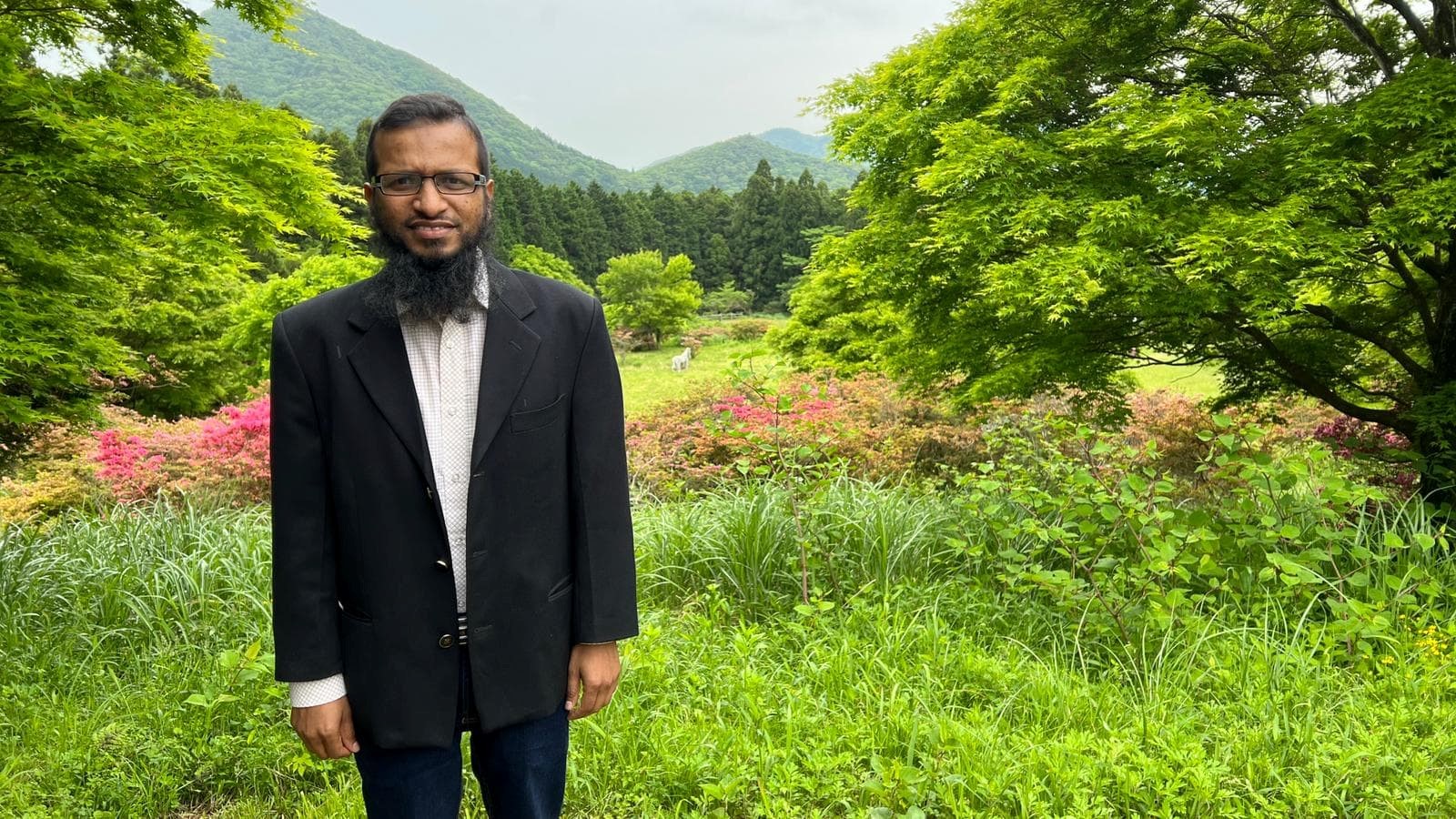
What is your plan as a researcher after your Fellowship tenure?
I will join as a faculty member and build up my own lab to continue my research along with teaching. I would like to implement my knowledge acquired from Japan and Sweden.
Do you think are there any differences on support system in research field between Japan and Sweden?
There are considerable differences in support systems between Sweden and Japan. In Sweden, most of the support systems are digital and easygoing. On the other hand, in Japan, we need to go to the relevant office, fill up forms, and put seal (inkan) on the documents. In addition, I frequently need to register the mac address to the IT system and update the access card.
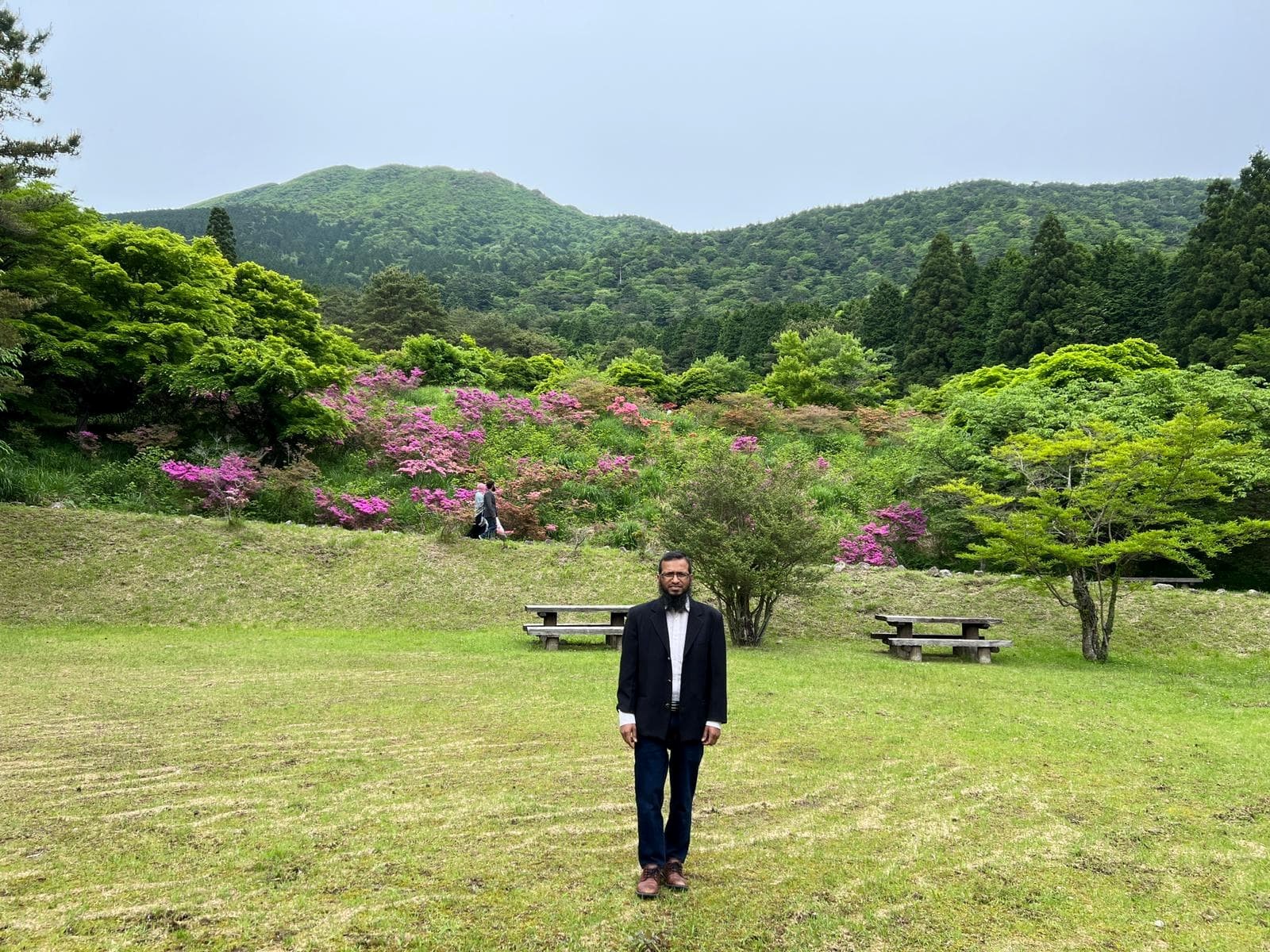
Outside of work. Natural beauty of Japan.
Do you have any advice for researchers who are interested in going to Japan?
Though it is a challenge to travel to other country but not a big problem. Learning some Japanese will be a great support to start talking and interacting with Japanese researchers. Learning Japanese is mandatory to communicate outside the institution. Culturally Japanese are much different from Swedish therefore, learning culture is also essential.
(June, 2022)
2017 Ph.D. in Biology, Örebro University
2011 Master of Science in Biomedicine, University of Skövde
2010 Master of Science in Molecular Biology, University of Skövde
2008 Bachelor of Science in Biochemistry & Molecular Biology, University of Rajshahi
EMPLOYMENT HISTORY
2020.11-2022.5 JSPS Postdoctoral Researcher, Saga University
2018.3-2020.8 Postdoctoral Researcher, Örebro University
2017.2-2017.4 Lecturer, University of Skövde
2016.11-2017.1 Research Assistant, Örebro University
